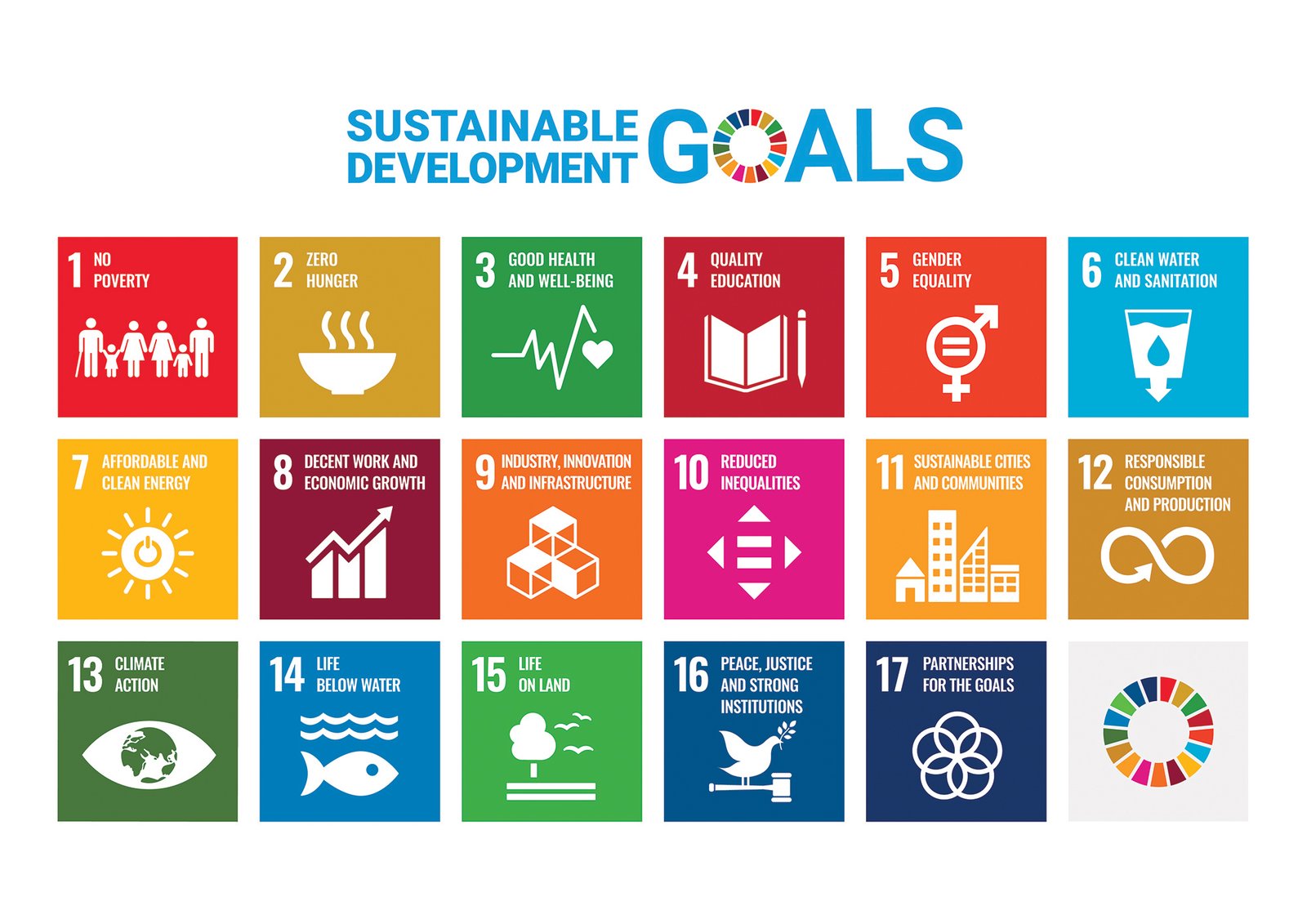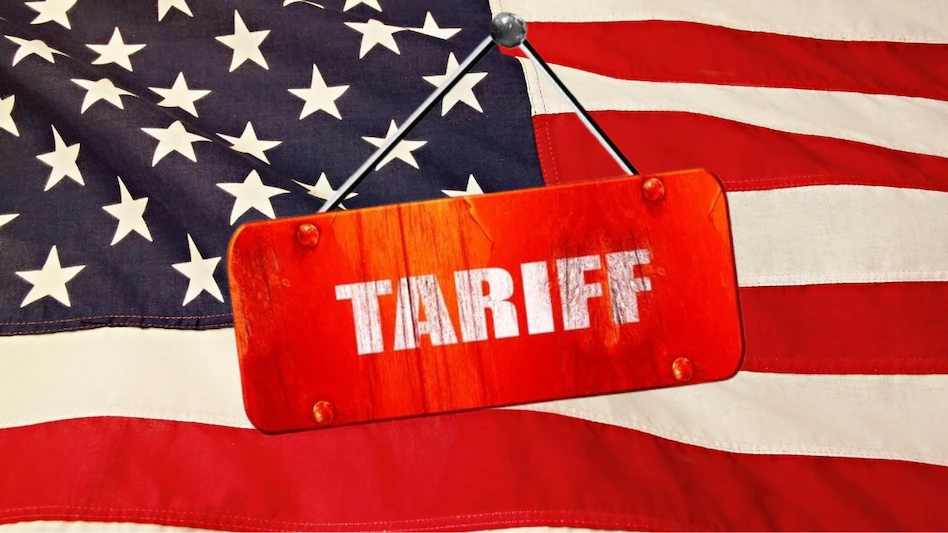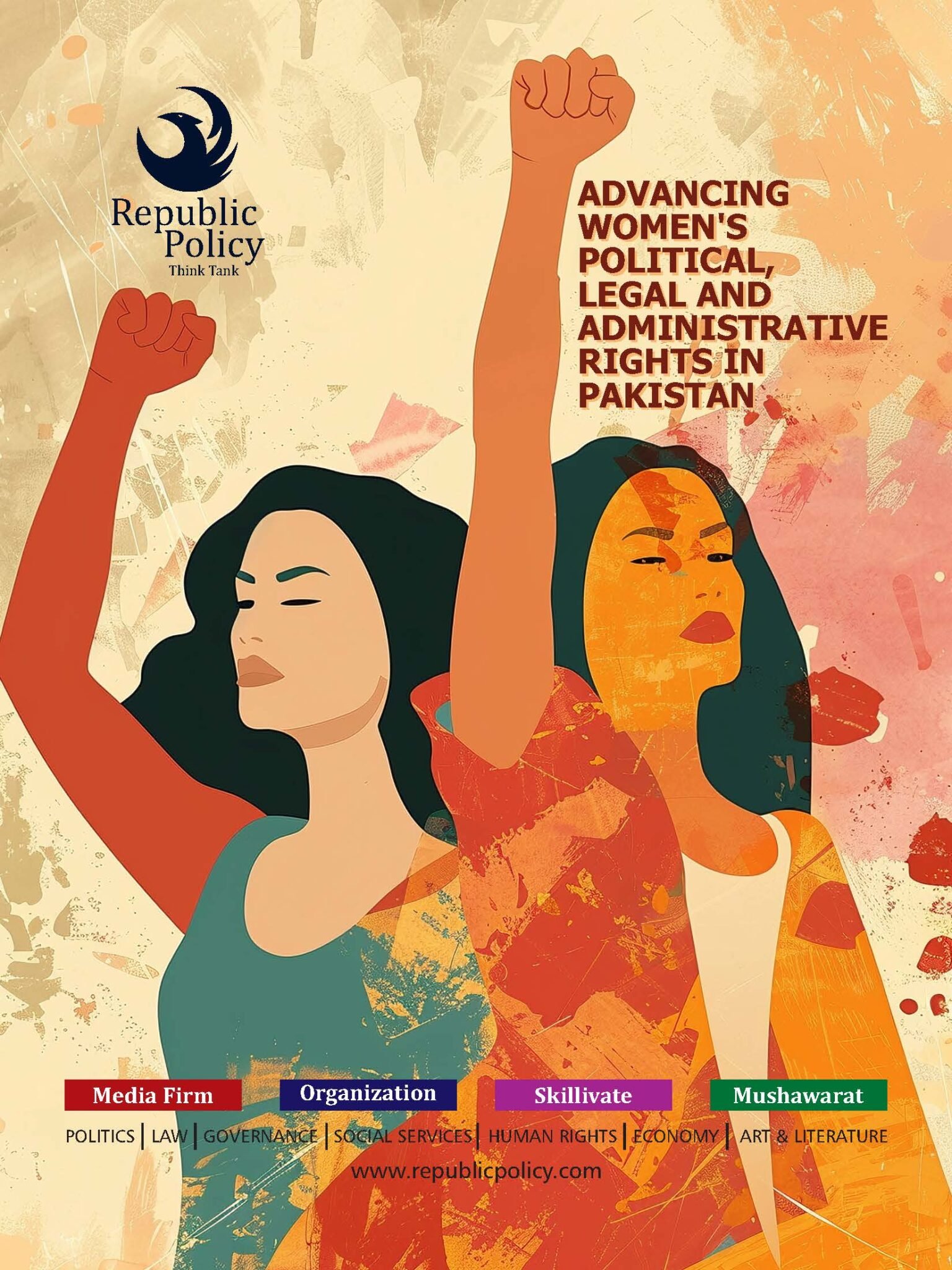Mubashar Nadeem
The 17 Sustainable Development Goals (SDGs) of the United Nations are a set of global objectives that aim to end poverty, protect the planet, and ensure peace and prosperity for all people by 2030. Pakistan is one of the countries that has committed to the 2030 Agenda for Sustainable Development by adopting the SDGs as its national development agenda through a unanimous National Assembly Resolution in 2016.
A critical evaluation of the 17 SDGs and their relevance and progress in Pakistan can be made by looking at the following aspects:
- The alignment of the SDGs with Pakistan’s national priorities and policies
- The institutional framework and coordination mechanisms for SDGs implementation and monitoring in Pakistan
- The availability and quality of data and indicators for measuring SDG’s progress and performance in Pakistan
- The challenges and opportunities for achieving the SDGs in Pakistan, including the impact of COVID-19 pandemic, climate change, and other factors
- The role of partnerships and stakeholders in supporting the SDGs in Pakistan, including the UN, civil society, private sector, media, academia, and others
Pakistan has shown a strong political commitment and ownership of the SDGs by mainstreaming them in its national policies and strategies, such as the Vision 2025, the 12th Five Year Plan, the National Poverty Alleviation Strategy (Ehsaas), and the National Climate Change Policy. However, there is still a need to ensure coherence and alignment across different sectors and levels of governance and address the gaps and challenges in policy implementation and enforcement.
Pakistan has established a robust institutional framework for SDG implementation and monitoring, with SDG support units at federal and provincial levels, parliamentary task forces, thematic working groups, and a national SDG dashboard. However, there is still a need to strengthen the capacity and coordination of these institutions and enhance the participation and accountability of all stakeholders, especially at the local level.
Pakistan has made significant efforts to improve its data availability and quality for measuring SDGs progress and performance, with the launch of the first Voluntary National Review (VNR) in 2019, the development of a national indicator framework, and conducting various surveys and assessments. However, there is still a need to address the data gaps and challenges, such as the lack of disaggregated data by gender, age, location, disability, etc., the timeliness and frequency of data collection and dissemination, and the quality assurance and verification of data sources.
Pakistan faces multiple challenges and opportunities for achieving the SDGs, such as the impact of the COVID-19 pandemic, which has exacerbated poverty, inequality, health, education, and economic issues; climate change, which poses serious threats to Pakistan’s environment, agriculture, water resources, and disaster resilience, security and political instability, which affect peace and social cohesion, demographic transition, which offers a potential dividend for human development, technological innovation, which can provide new solutions for sustainable development, and regional cooperation, which can foster trade, connectivity, and integration. Pakistan needs to adopt a holistic and integrated approach to address these challenges and opportunities and leverage its comparative advantages and potential in various sectors.
Pakistan has a diverse range of partners and stakeholders that can support the SDGs in Pakistan. The UN in Pakistan has provided policy and technical support to Pakistan in various aspects of its endeavour to realize the SDGs. The UN Sustainable Development Framework (UNSDF) 2018-2022 is a medium-term strategic planning document that outlines ten critical outcomes for the UN’s contribution to SDGs in Pakistan. The UN also supports Pakistan in mobilizing resources, enhancing partnerships, building capacities, raising awareness, promoting innovation, facilitating dialogue, and advocating for human rights. Other partners and stakeholders include civil society organizations (CSOs), which play a vital role in service delivery, advocacy, accountability, and social mobilization; private sector entities (PSEs), which can contribute to economic growth, job creation, innovation, and corporate social responsibility, media outlets, which can raise public awareness, inform policy debates, and monitor progress, academia and research institutions, which can provide evidence-based analysis, knowledge generation, and capacity building, and others, such as religious leaders, youth groups, women’s organizations, and diaspora communities. Pakistan needs to foster inclusive and effective partnerships with all these actors and ensure their alignment with national priorities and SDG principles.
Pl, subscribe to the official website of the republicpolicy.com

















